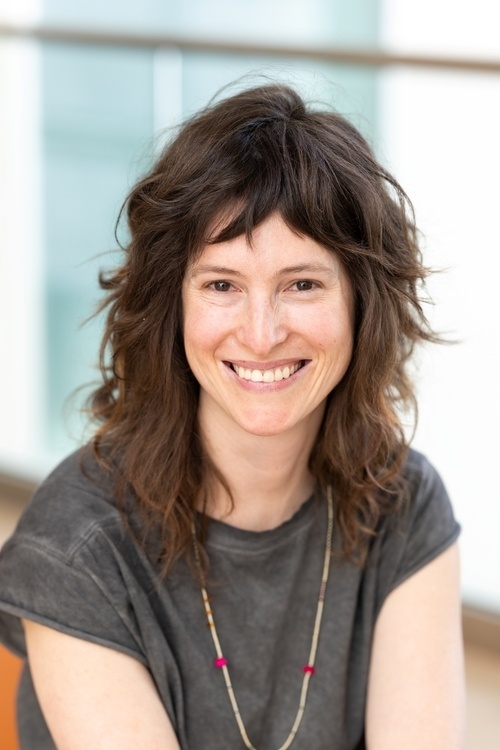
SCSB Lunch Series: A network of brain areas is sensitive to prosody and distinct from language and auditory areas
Description
Time: 12:00pm – 1:00pm
Location: Singleton Auditorium 46-3002 + Zoom Meeting (https://mit.zoom.us/j/93332201270)
Speaker: Tamar Regev, Ph.D.
Affiliation: Postdoctoral Associate, Ev Fedorenko Laboratory, MIT; Fellow of the Poitras Center for Psychiatric Research
Talk title: A network of brain areas is sensitive to prosody and distinct from language and auditory areas
Abstract: Prosody refers to auditory features of speech beyond phonetics, like pitch and tempo, which convey linguistic, emotional, and other socially-relevant information. Does the brain contain specialized areas for processing prosody or is prosodic information processed by known auditory or language areas? Using fMRI, we identified temporal and frontal brain areas which were strongly sensitive to prosody with or without linguistic content. These prosody-sensitive areas were adjacent to but distinct from language areas which extract meaning from linguistic input, and from auditory areas that support pitch perception and speech perception. Interestingly, these areas showed some response to communicative signals, especially facial expressions and non-speech vocalizations. These results suggest that prosody is processed by a network of brain areas that lie in close proximity to language-selective areas and are broadly sensitive to non-linguistic communicative cues. This work lays a critical foundation for further investigations of the neural basis of prosodic processing and its disorders.
Bio: Dr. Tamar Regev is a Postdoctoral Associate at BCS, MIT, working with Prof. Ev Fedorenko, and is a fellow of the Poitras Center for Psychiatric Research. She earned her Ph.D. in Computational Neuroscience from The Hebrew University of Jerusalem, where she was advised by Prof. Leon Y. Deouell and Prof. Israel (Eli) Nelken, and conducted research on representations of auditory frequency using EEG and computational modeling. She holds a M.Sc in Cognitive Systems from UPF, Barcelona, and a B.Sc in Physics and Biology from Tel-Aviv University.

